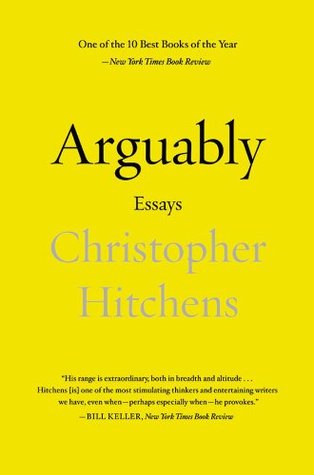It was becoming dimly apprehended in the West that the old narrative of “Israel” versus “the Arabs” was much too crude. The image of a frugal kibbutz state surrounded by a heaving ocean of ravening mullahs and demagogues was slowly yielding to a story of two peoples contesting a right to the same twice-promised land. For all these “conjunctures,” as we now tend to term them, Said was almost perfectly configured. He had come from an Anglican Palestinian family that divided its time and its property between Jerusalem and Cairo. He had spent years in the internationalist atmosphere of Beirut, and
...more
Welcome back. Just a moment while we sign you in to your Goodreads account.


